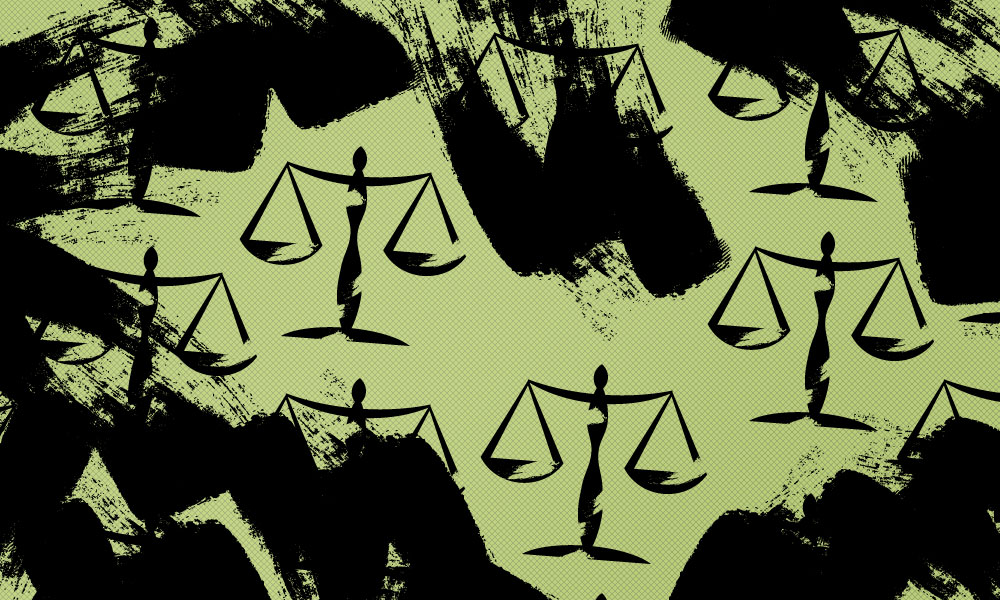
It’s Complicated: With Confidentiality and Fairness, Don’t Oversimplify
Keeping confidences and treating people fairly are values we learn as children, but there’s nothing simple about them. A deeper understanding of these principles helps bolster our efforts to behave ethically in our professional relationships.
Whether we know it or not, every day we are confronted with situations that require us to make decisions that involve ethical judgments. While many of these choices are straightforward and may take little or no thought to make, others are more complex and need to be weighed carefully before proceeding.
Although we would like to think that we’d intuitively know the right thing to do in any situation, it’s not always that clear cut, and so it pays to think about the potential implications of our actions well before we find ourselves in difficult circumstances. This is why the ASAE Ethics Committee put together the Standards of Conduct, so that those in the association community would have a ready reference to guide them in maintaining the highest standards of ethical behavior.
The following video segment focuses on two of the standards’ six core principles:
- Respect the confidentiality of information gained through one’s work.
- Act fairly.
Context Counts
What information should be kept confidential? Sometimes answering that question is easy, but in many cases, it requires thoughtful consideration of the circumstances in which information was shared.
The need for confidentiality can extend well beyond the kinds of information that we typically think of as confidential, such as intellectual property. Often confidentiality depends as much on the context in which information is shared as on its content. What might appear at first to be a harmless piece of information might have unintended consequences if divulged—news about a planned association initiative, for example. Or the confidential information might have been shared freely and informally in private conversation but was meant only for the listener and not for wider consumption. In either case, it can be extraordinarily difficult to put the genie back in the bottle once an indiscretion has occurred.
A careless click on “send” when using email to discuss confidential information can distribute it far and wide, breaching trust among colleagues.
The many forms of electronic communication that we use today raise the stakes even higher. What might start out as idle chatter at the water cooler could end up as the latest Facebook sensation—and not in a good way. And a careless click on “send” when using email to discuss confidential information can distribute it far and wide, breaching trust among colleagues and, again, potentially leading to unintended consequences.
None of this means that we should always remain silent. In fact, in some situations a breach of confidentiality is warranted, such as when remaining mum would place you in a compromised legal or ethical position. At the end of the day, it’s important to know when to pass information along and when to keep it to yourself. The bottom line here: Think before you share; you’ll be glad you did.
Fair Play
Like respecting confidentiality, acting fairly is an area in which we tend to oversimplify. While living and working by the Golden Rule is a good start, treating everyone fairly does not always mean treating everyone exactly the same. Sometimes discretionary treatment is called for in our dealings with colleagues, members, and the different groups we serve. The key to fairness is ensuring that we give no one an undue advantage, providing a level playing field for all to the best of our ability. While this is not easy—and sometimes it’s not even possible—it is something for which we must constantly strive.
By adhering to these two core principles, as well as other elements of the ASAE Standards of Conduct, we can help clarify our expectations of one another and establish a framework of trust that will support our work together and help us succeed.
When you have encountered challenging situations involving confidentiality and fairness, how have you navigated them? I hope you’ll share your story in the comments below, or contact me or a member of the Ethics Committee, to keep the conversation going.
(illustration by Ernie Smith; icon by Erin Gillaspy/The Noun Project)





Comments